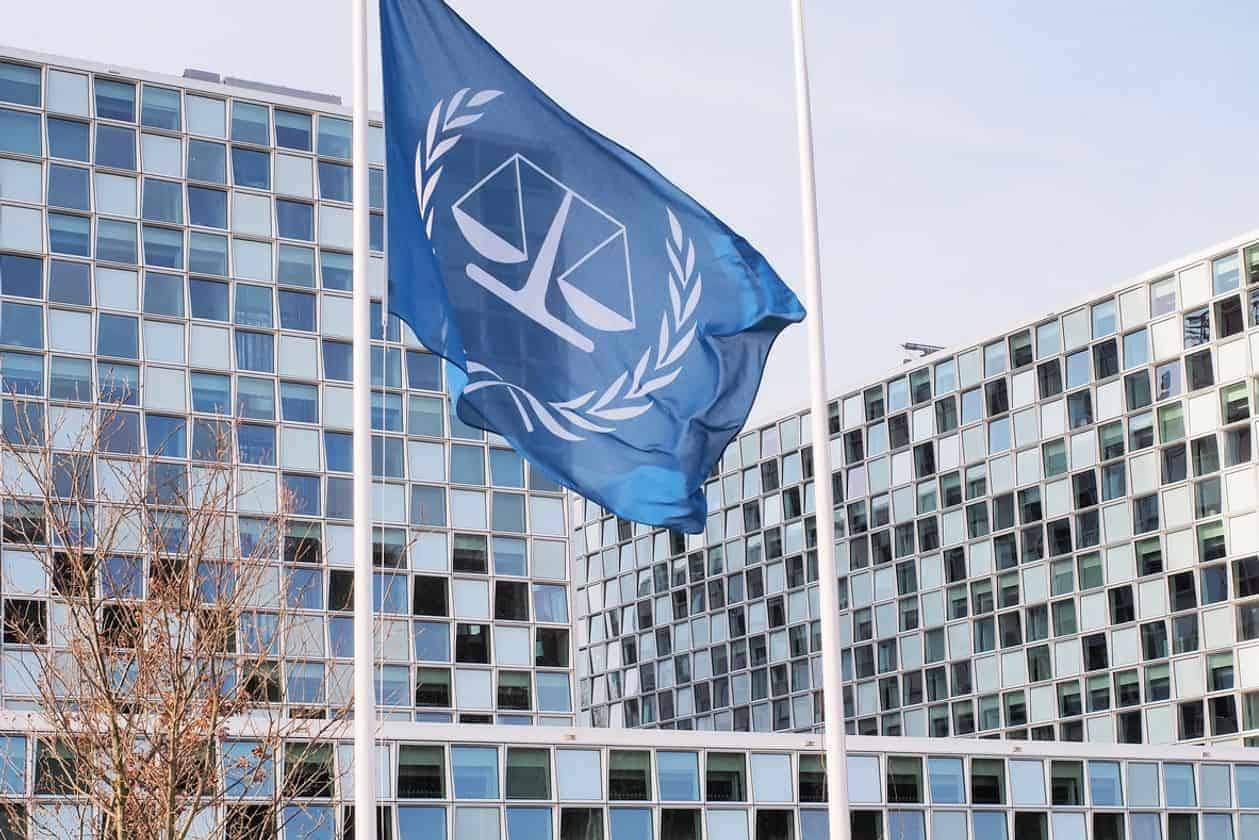Warning a Rogue Court

President Trump takes a lot of flak for his blunderbuss hostility to international organizations, but he’s aiming for the right target with the new sanctions he threatened Thursday against the International Criminal Court. Someone needs to rein in the ICC and it might as well be Washington.
The order allows the Justice, State and Treasury departments to impose financial sanctions or travel bans on any ICC officials who attempt to prosecute Americans. It expands on a previous round of travel restrictions on some ICC officials introduced last year. The immediate goal is to block an investigation the ICC started in 2017 into supposed war crimes in Afghanistan. That investigation is both vexatious and silly. U.S. officials accused of crimes already are subject to American law, while the ICC somehow thinks the Taliban will care if officials in the Hague prosecute the terrorists for genocide.
The bigger aim of Thursday’s sanctions is to defend American sovereignty, and that of allies such as Israel that are also targeted by the court. The U.S. is not a party to the ICC, and both Republican and Democratic administrations have long worried the court would expose American officials to politicized lawfare investigations.
Sure enough, Attorney General William Barr said Thursday the Administration believes Russia may be exerting undue influence on the court to tie down American officials in a long, costly and pointless Afghanistan prosecution. Mr. Barr also said he’s seen evidence of financial improprieties by court officials. If that’s true, the lack of effective accountability counts as another strike against the court’s legitimacy.
The Trump Administration would perform a public service by releasing whatever evidence it has of alleged wrongdoing at the court. Meanwhile, Mr. Trump’s order is a vital defense of the constitutional rights of American citizens to have criminal complaints against them adjudicated in impartial, democratically legitimate courts.
Photo: The International Criminal Court in The Hague, Netherlands. - PHOTO: GETTY IMAGES
Link: https://www.wsj.com/articles/warning-a-rogue-court-11591919175











